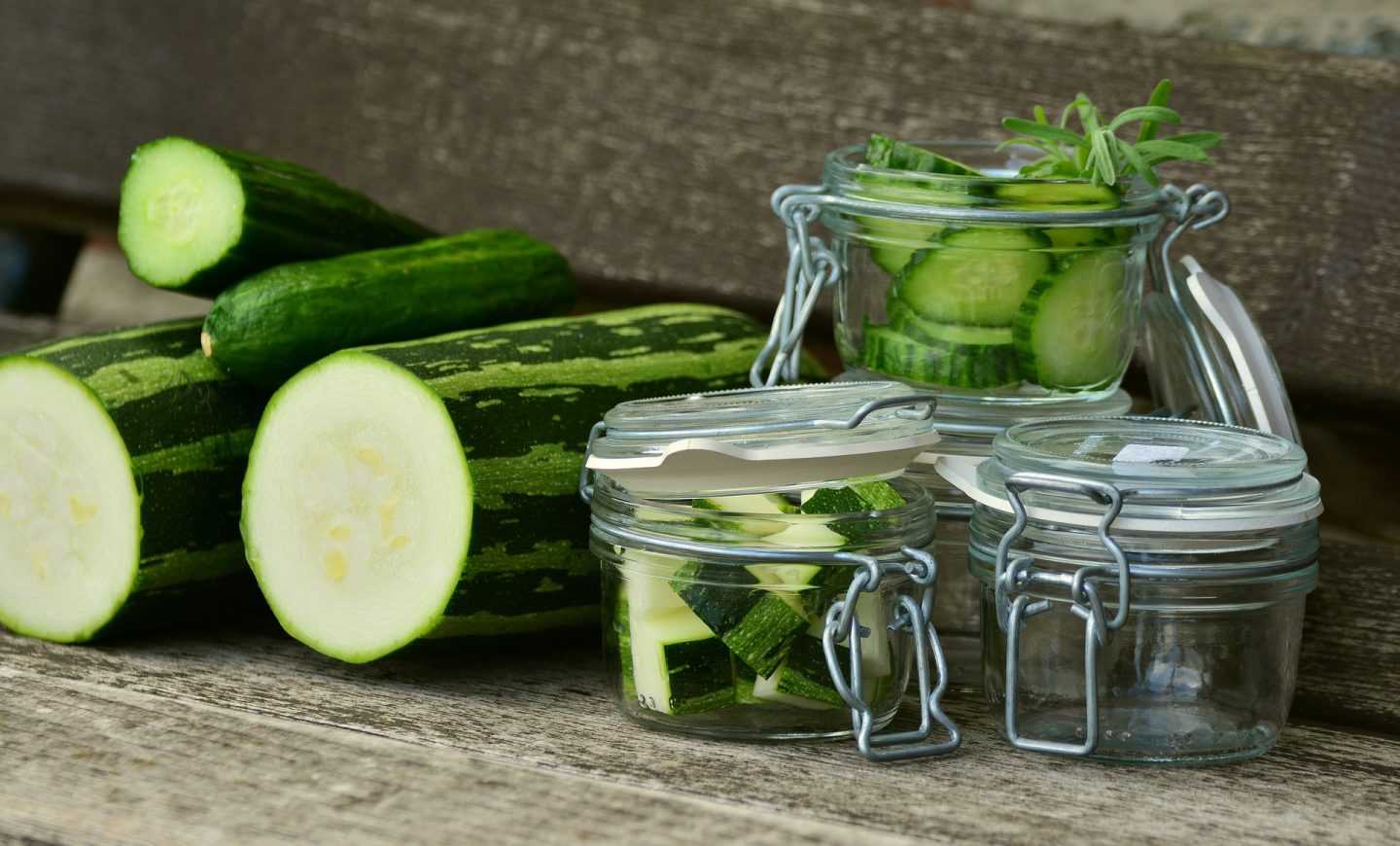
So here in Tasmania, it feels like there are Zucchini’s everywhere, and people are always looking for new ways to cook with them. Since they are popular right now, I thought I’d take some time to talk about some of the benefits of Zucchini.
Firstly a tiny bit of History.
Zucchini, also known as a courgette, is a summer squash in the Cucurbitaceae plant family, alongside melons and cucumbers.
Although it is often considered a vegetable, it is botanically classified as a fruit.
It appears that it was first developed in the early 1800s in Italy.
So, Zucchini is rich in many nutrients.
Here’s a breakdown of what one cup, around 223 grams of cooked Zucchini, gives you. (1)
- Calories: 17
- Protein: 1 gram
- Fat: less than 1 gram
- Carbs: 3 grams
- Sugar: 1 gram
- Fibre: 1 gram
- Vitamin A: 40% of the Reference Daily Intake (RDI)
- Manganese: 16% of the RDI
- Vitamin C: 14% of the RDI
- Potassium: 13% of the RDI
- Magnesium: 10% of the RDI
- Vitamin K: 9% of the RDI
- Folate: 8% of the RDI
- Copper: 8% of the RDI
- Phosphorus: 7% of the RDI
- Vitamin B6: 7% of the RDI
- Thiamine: 5% of the RDI
So raw Zucchini offers a very similar nutrition profile as cooked Zucchini. The only difference with it being cooked is there is less vitamin A, a nutrient that tends to be reduced by cooking, and more Vitamin C
So here are some of my top reasons as to why you should eat Zucchini.
They are High in Antioxidants. We know that Antioxidants help protect your body from damage by what is known as free radicals.
Research indicates that the plant’s skin harbours the highest levels of antioxidants.
Zucchini may promote healthy digestion in several ways.
To start with, it’s rich in water. Water can soften stools, making them easier to pass and reducing your chances of constipation. (2)
Zucchini also contains both soluble and insoluble fibre.
At only 3 grams of carbs per cooked cup (232 grams), Zucchini provides a great lower carb alternative to pasta for those who want to reduce their carb intake.
Zucchini is also rich in potassium. This may help reduce high blood pressure by dilating your blood vessels. Healthier blood pressure is linked to a lower risk of heart disease and stroke.
Adding Zucchini to your diet may aid your vision. Partly this is because Zucchini is rich in vitamin C and beta-carotene. Both of these nutrients are important for eye health.
Regular consumption of Zucchini may help you lose weight.
This fruit is rich in water and has a low-calorie density, which may help you feel full
What’s more, intake of non-starchy, dark green or yellow vegetables — with similar nutrition profiles to Zucchini — appears particularly beneficial to weight loss.
Now that we’ve looked at the benefits of Zucchini, here are some ways you can add it to your meals.
- Add it to a raw salad.
- Stuff it with rice, lentils, or other vegetables, then bake it.
- For a mild stir-fry, add some Avocado oil and sauté it.
- Boil it, then blend it into some soups.
- Serve it as a side dish. Grilled or sautéed with a bit of oil and some Garlic.
- Spiralize it into spaghetti- or linguine-like noodles.
- You can slice it to replace lasagne sheets.
- When you are making bread, pancakes, muffins, or cakes, you can always add some Zucchini to it. Chocolate Brownies with Zucchini in it are very nice.